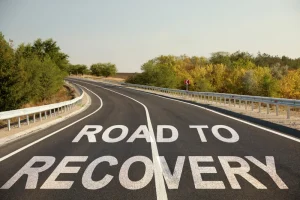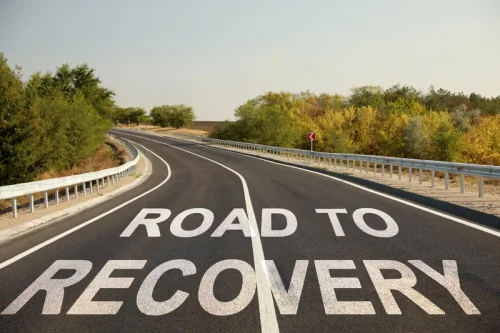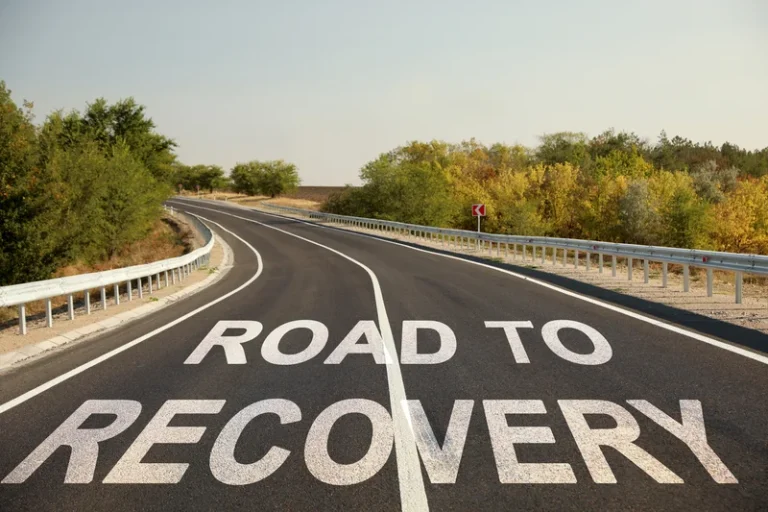
However, truly being sober means more than not drinking alcohol. Being sober is about transforming your entire lifestyle, mindset, and behaviors to live a healthy, fulfilling life without the influence of substances. Acknowledging and celebrating the hard work of recovery is helpful for keeping you motivated and reminding you why you took this brave step toward sobriety in the first place. Instead, focus on things, experiences, and activities that will support your new, healthy lifestyle.
- When I first quit drinking I immediately turned to weed, something I rarely used when I drank, because I still needed something to turn my brain off and take the edge off.
- There was a significant increase in search interest for “non-alcoholic drink” and “non-alcoholic beer” in the U.S. in 2022.
- Have you ever stopped to evaluate your relationship with alcohol?
- Lastly, the impact of sobriety on relationships is a testament to personal growth.
How to take a break from alcohol

If you are a dry drunk, chances are you also struggle with depression, anxiety, or some other form of mental illness. In fact, from what we know regarding the causes of dry drunk syndrome, you most Drug rehabilitation likely dealt with mental illness before your addiction. Mental illness could have even been the cause of your dry drunk syndrome. There is an unfortunate connection between mental illness and addiction.
Sober For the Time Being

All this said, a high-functioning alcoholic is typically a period of time. For most people suffering AUD, it’s only a matter of time before they’re unable to hold a job and lose relationships due to their drinking behavior. Problem drinkers are almost always people who have been drinking for several years (3-4) and it’s most common in college-aged people. Unhealthy substance use can take a significant toll on your physical and emotional wellbeing. Now that you are sober, practice self-care and follow healthy living habits.
- While making the decision to be sober was the best thing I’ve ever done, it’s also one of the hardest.
- Is it simply the absence of alcohol and drugs, or is it something more?
- Often, sober curious individuals think more consciously about the decision to drink alcohol.
- If PAWS is severe or if you’re experiencing prolonged symptoms, a medical professional can help you work through them and remain in recovery without relapse.
Treatment Programs

At some point after college, it just didn’t matter if someone had a meal that was four dollars more than mine, or if they ate more edamame, or even if they had one more drink than I did. Not only because my portion of the check is significantly smaller than anyone else at the table, but also because I refuse to invest in Big Alcohol. It’s part of the sobriety package, and it’s not necessarily a bad thing. Sobriety can be an incredible way to shed relationships you’ve outgrown as well as find new ones that align with your new values. Once detox is completed, the next step is to begin one-on-one therapy, group sessions, family counseling if appropriate, and other recovery programs.
Reaching Sobriety Checkpoints
In addition to not drinking alcohol, it involves curiosity about the way alcohol affects daily life. The key lies in exploring their relationship with alcohol, questioning why they want to drink, and finding ways to deal with their ‘whys’ that don’t involve alcohol. Strictly speaking, sobriety is the state of being sober—not being under the influence of alcohol or drugs.

By integrating these practices, the concept of sobriety extends beyond mere abstinence to a proactive approach for a balanced and enriched life. If you are seeking drug and alcohol related addiction rehab for yourself or a loved one, the SoberNation.com hotline is a confidential and convenient solution. The same is true in neurochemistry’s search for a pill to cure addiction, which actually means using a pill to stop using one or another substance. As I point out in the current Practical Recovery (SM) Newsletter, this is barking up the wrong tree to recovery (as well as an impossibility). In fact, the DSM psychiatric manual (unbeknownst to virtually everyone who uses it, including even experts who write about it) contains no abstinence criterion for recovery (actually called remission). Addiction and remission are about the absence of problems—using or not using a substance.
- This ambiguous term is used to describe the practice of achieving sobriety by using other substances that are not as harmful.
- If you’re like most drinkers, you’ve likely surrounded yourself at some point with a group of people who also drink.
- Being sober means reevaluating the people you spend time with and the types of relationships you maintain.
- Her event series called Club SÖDA NYC stands for Sober or Debating Abstinence and features panels, writing workshops, and sober retreats.
This therapy makes the most of a patient’s readiness to shift their behavior and enter treatment. Licensed residential treatment facilities provide 24-hour structured and intensive treatment and care, including safe accommodation and medical assistance. Recovery offers a chance for people to examine their behaviors and make positive changes in their lives. Financial issues and problems finding and keeping employment can be triggers for relapse. Try to keep your finances in order and keep in mind that big improvements are unlikely to happen overnight. Try following a structured daily and weekly schedule and stick sober drinking meaning to it.